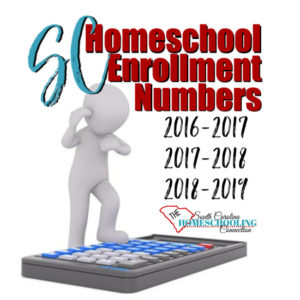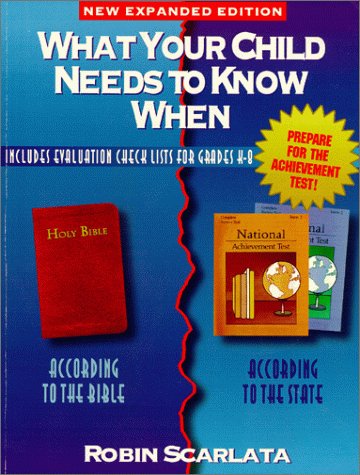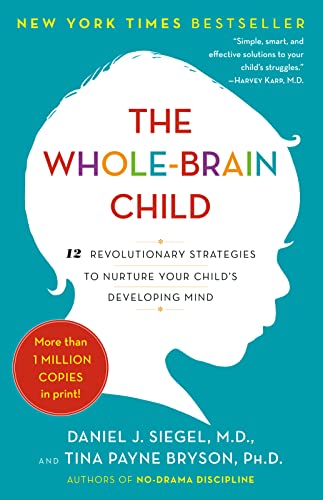In another post, we discussed various grade level guidelines. Now, let’s consider how to determine your homeschool grade levels.

You’re standing in line at the grocery store. The clerk begins making chit-chat with you and your kids. And then she asks your child: What grade are you in?
It’s the dreaded question many homeschoolers do not know how to answer. So, the conversation continues in the car ride home. “Mom, what grade am I in, anyway?”
Homeschool Grade Levels
The grade level answer isn’t all that complicated. But, it is sometimes a debatable topic amongst homeschoolers–especially those who lean toward unschooling philosophy.
Curriculum Levels: Some people identify the grade level of the workbook or curriculum they use.
- This becomes confusing when you have a younger child working at a more advanced level than your older child.
- It’s also confusing when your child is working at different levels in different subject areas.
- It’s really confusing if your child is working behind grade level.
The point of homeschooling is to individualize your child’s education. You can be working above or below grade level.
If your student is racing thru the grade level materials, you don’t necessarily want to skip grade levels for them to graduate super young. You could adjust the pace so that you take time to dig deeper into certain topics with supplemental materials. Or your student might get stuck at some point and need to remediate and review previous learning.
Social/Age Levels: The simplest answer that I recommend is a grade level that is where your child fits age wise. For the most part, grade levels indicate social development. Where your child would fit in socially.
- A 10-year old doing high school level work isn’t really socially ready to fit in with teens for social gatherings.
- A high schooler who reads on an elementary level has learning difficulties and delays. But, their physical and emotional development fits with other high schoolers.
Some curriculums will not designate a grade level for this reason. That way, students work at their own levels without fixating on how it compares to others.
You wouldn’t say your child is in the “purple level” in order to find social connections with his peers. But, academics is not all that necessary for social connections around common interests anyway.
Why Designate a Grade Level?
So if we’re individualizing the academics to whatever level the student needs–then why bother with grade levels at all?
Annual Numbers Reports to the School District: The homeschool law requires the associations to count the number of students in each grade level and report that number to the respective school districts.
“By January thirtieth of each year, all associations shall report the number and grade level of children home schooled through the association to the children’s respective school districts.”
read it here
We are exempt from compulsory attendance and we don’t have to follow the scope and sequence set by the public schools. But, we do need to consider what grade level our students would be in, if they were going to public school. So, you association is going to ask you what grade level they should be in.
It’s a clerical formality that says where your child belongs age wise. Lara Caldwell, TSCHAA director, says to think of how many years you’ve been homeschooling. Chronological time is the key factor to determining your child’s grade level.
Some homeschoolers will get creative and try to create a new category, like K6 for a 6 year old working on Kindergarten materials. Others will try to combine grade levels, like 8th/9th grade.
Please just pick one grade level where your child belongs age wise. Pick one of the grade levels that the public school uses. At least for the purpose of the paperwork.
Normalize Homeschooling: Certain characteristics of homeschooling will still make us seem weird and unsocialized. But we can help bridge that perception gap in the court of public opinion.
Some homeschoolers resist the idea of designating a grade level at all. It’s an arbitrary categorization. As if the thing that makes them most compatible is their date of manufacture (as education reformer Ken Robinson said it). Some people want to buck the system by rejecting these labels as meaningless.
Whether it’s appropriate for strangers in the grocery store to ask what grade your child is in, call them on that if you want to. But, it’s not really the place to school them that you don’t do grade levels and you have no idea what grade they’re in.
It’s a normal conversational topic to identify what grade level our kids are in. We normalize homeschooling when we use commonly understood terminology of grade levels.
Designate a homeschool grade level and teach your child the appropriate answer whenever they’re asked, “what grade are you in?”
Read more about the Homeschool Numbers Reports to the Districts:
Everything You Need to Know When You Are 9

















 Mice on Main Scavenger Hunt
Mice on Main Scavenger Hunt Yes, You CAN Homeschool
Yes, You CAN Homeschool The REAL Problem with Socialization
The REAL Problem with Socialization How to Start Homeschooling Mid-Year
How to Start Homeschooling Mid-Year




Speak Your Mind